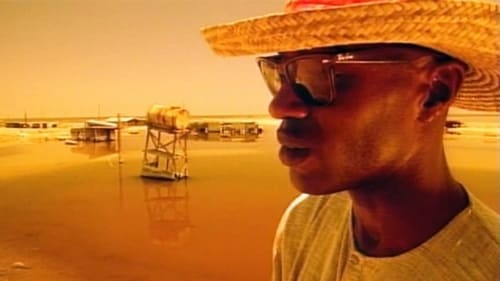Octavia E. Butler
Nascimento : 1947-06-22, Pasadena, California, USA
Morte : 2006-02-24
História
Octavia Estelle Butler (June 22, 1947 – February 24, 2006) was an American science fiction author and a multiple recipient of the Hugo and Nebula awards. In 1995, Butler became the first science-fiction writer to receive a MacArthur Fellowship.
Born in Pasadena, California, Butler was raised by her widowed mother. Extremely shy as a child, Butler found an outlet at the library reading fantasy, and in writing. She began writing science fiction as a teenager. She attended community college during the Black Power movement, and while participating in a local writer's workshop was encouraged to attend the Clarion Workshop, which focused on science fiction.
She soon sold her first stories and by the late 1970s had become sufficiently successful as an author that she was able to pursue writing full-time. Her books and short stories drew the favorable attention of the public and awards soon followed. She also taught writer's workshops, and eventually relocated to Washington state. Butler died of a stroke at the age of 58. Her papers are held in the research collection of the Huntington Library.
Description above from the Wikipedia article Octavia E. Butler, licensed under CC-BY-SA, full list of contributors on Wikipedia.

